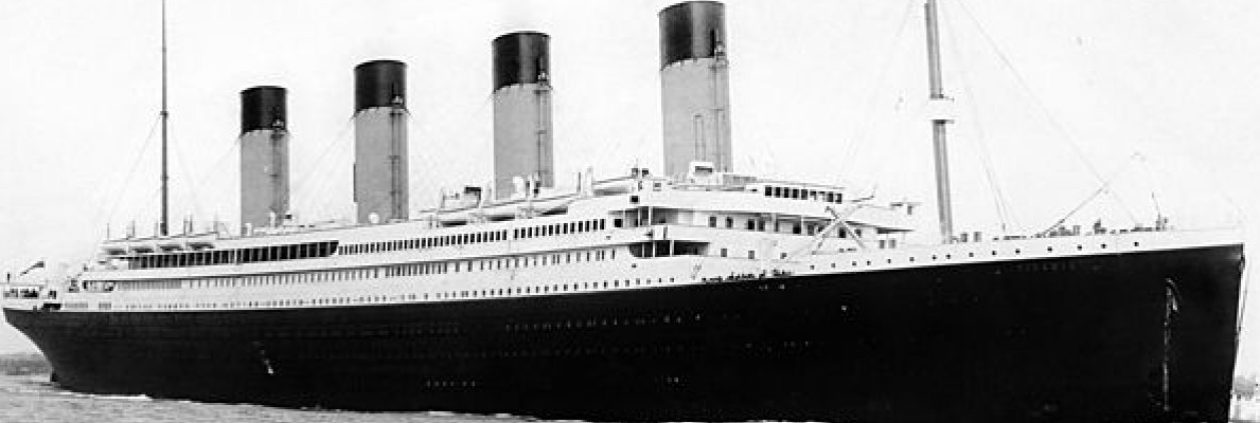
We are the beneficiaries of wonderful technology that allows us to have produce, nuts, meats, and dairy year round. A trip to your basic grocery store shows the bounty we enjoy thanks to important developments in food technology both in its preparation and storage. In different times, you literally lived by the season. Food storage was limited to cellars, storing in jars, and even buried in the ground. In places with harsh winters, the necessity of food storage was essential to survive. Nuts and fruits would spoil during the winter so people had to come up with creative ways to keep them around longer. Aside from pickling, drying, or canning,baking cakes was also a popular way of doing this. Fruitcakes or variations of what we call it, had been around for a long time. The ancient Egyptians had a version and the Romans had festival cakes that led to panforte. The version most are familiar with is English style.
English style fruitcake is a dense cake often soaked in a liquid, usually alcohol, to keep it moist. Contrary to popular belief, a fruitcake does not last forever but properly taken care of will certainly last during the winter season. Spices were expensive back then so the rich could afford the more luxurious spices while most had to use what they could afford or find locally. Since most homes back then did not have ovens (the rich did of course), most everything was fried, boiled, or steamed. Anything that had dried fruit was called a plum pudding, which traditionally is served at Christmas. Then it evolved from this to the more current version of fruitcake known today. It became associated with the holiday (though it is often consumed at other times of the year as well) as it became a symbol for good luck and other things. It also had a practical use being a source for fruits and nuts during a time when they were not generally available.
Fruitcakes can vary in sizes, shapes, and ingredients. Today most fruitcakes are not that expensive but widely vary in quality. Often the best source are reputable bakers that make them with fresh ingredients and spices. Many of the industrial ones sold in discount stores are cheaply made. Alton Brown noted a telling fact in his examination of fruitcake: that it is the sum of its parts. Does not matter if you use the best and most expensive alcohol if one of your ingredients is dull or too sweet. Most of the industrial fruitcakes tend to be too sweet and earn the moniker of being called doorstops. But there are many bakers that create very fine fruitcakes. The blog Mondo Fruitcake takes a look at them and some of the best come from abbeys or monasteries where a religious order bakes them as income. A long time ago Chuck Williams (of Williams-Sonoma)discovered a fruitcake made by the Assumption Abbey in Ava, Missouri. He liked it so much that he put into the Christmas catalog (others now carry it as well) and increasing their popularity so much they do not advertise anymore. That is how much they sell at Christmas time but they make them year round (they take a break in January from all the baking!). And it points out that well made fruitcakes are still part of the Christmas tradition.
So when you see a fruitcake, remember it comes from a time needing to preserve fruits and nuts during the winter months. And how much has changed for the better with refrigeration and modern storage techniques.













 St. Nick is often used as another name for Santa Claus but in truth Nicholas is the original. Born in the third century a.d., Nicholas became well known for his charity to children and others. He was imprisoned by the Romans and beaten. He never renounced his faith. Later when released when Constantine became emperor, he continued his life serving God and his faith. He lived to be a very old man dying on 6 December 343. Stories of his charity to children and others spread and long after his death people still revered him with churches built in his name. Stories of miracles attributed to him emerged as well.
St. Nick is often used as another name for Santa Claus but in truth Nicholas is the original. Born in the third century a.d., Nicholas became well known for his charity to children and others. He was imprisoned by the Romans and beaten. He never renounced his faith. Later when released when Constantine became emperor, he continued his life serving God and his faith. He lived to be a very old man dying on 6 December 343. Stories of his charity to children and others spread and long after his death people still revered him with churches built in his name. Stories of miracles attributed to him emerged as well.


